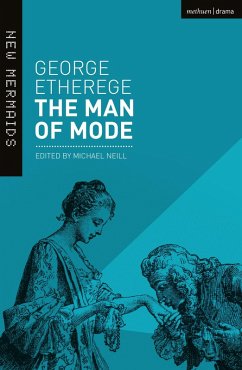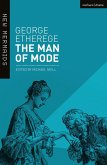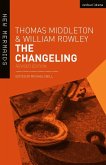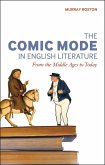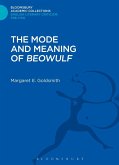Arguably the most perfectly poised of Restoration wit comedies, The Man of Mode is a finished exercise in dramatic sprezzatura, or nonchalance, matching the beguiling 'easiness' and 'complaisance' of its central character. The play's imaginative brilliance depends upon its author's ability to hint at the dark abyss of passion and emotional violence at whose edge the modish denizens of the town perform their graceful ballet. Its seemingly casual construction and wanton breaches of comic decorum mask a ferocious artistic control designed to upset the complacency of the audience's moral, social and aesthetic assumptions by luring them into sympathy for a character whose dangerous 'wildness' they ought to deplore. It is at once among the funniest and the most unsettling of comedies in English.
The full, modernized play text is accompanied by incisive commentary notes, while its engaging introduction unpacks the complexity of the Restoration's political and theatrical context, analyses the play's performance history (including Nicholas Hytner's 2007 modern-dress version) and demonstrates Etherege's linguistic finesse. This edition is supplemented by a plot summary and an annotated bibliography.
The New Mermaids plays offer:
· Modernized versions of the play text edited to the highest textual standards
· Fully annotated student editions with obscure words explained and critical, contextual and staging insight provided on each page
· Full Introductions analyzing context, themes, author background and stage history
The full, modernized play text is accompanied by incisive commentary notes, while its engaging introduction unpacks the complexity of the Restoration's political and theatrical context, analyses the play's performance history (including Nicholas Hytner's 2007 modern-dress version) and demonstrates Etherege's linguistic finesse. This edition is supplemented by a plot summary and an annotated bibliography.
The New Mermaids plays offer:
· Modernized versions of the play text edited to the highest textual standards
· Fully annotated student editions with obscure words explained and critical, contextual and staging insight provided on each page
· Full Introductions analyzing context, themes, author background and stage history

